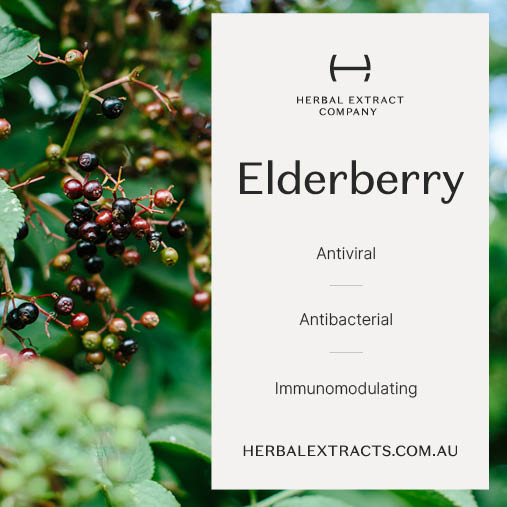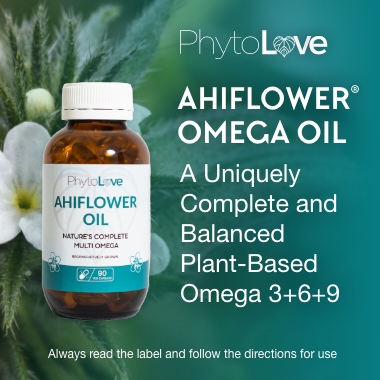Volume 32 Issue 1
The power of language in gaining groundswell support
Susan Arentz
For referencing Arentz S. The power of language in gaining groundswell support. The Australian Journal of Herbal and Naturopathic Medicine 2020;32(1):6-7
DOI https://doi.org/10.33235/ajhnm.32.1.6-7
Abstract
Have you ever wondered why people tend to support political agendas at odds with facts or their own needs? In an informal chat on the way home from an end of year function, some light was shed on this peculiar phenomenon. It centred on the way ideas can be communicated (framed), and that support is garnered when ideas resonate with peoples moral values, rather than being based on truth or facts. Ideas and issues with majority support strongly influence the direction and standing of agendas, programs, policies and government.
As we welcome in the second NHAA century, and a new decade, we cannot ignore the devastation of our Australian landscape, destruction of precious flora and fauna, and loss and suffering from unprecedented drought, fires and floods. On behalf of the editorial board I’d like to start by paying homage to our members and extend our condolences to all who are directly or indirectly suffering. We salute the naturopathic and herbal communities, their strength, resilience and commitment to optimising the health of our social and natural environments. Be it helping one another cope, serving communities and providing healthcare, teaching and encouraging budding naturopaths and herbalists, or contributing to special interest groups and the many other activities that fortify our roles as natural health professionals.
In the face of such disasters, it is difficult to understand the disconnection between transparent, logical strategy and seemingly counter-productive policies to extract resources, be they human or natural, and ultimately tip a fragile balance toward such ferocious bight-back events.
How does this happen?
When pondering this paradox, my friend A/Professor Jennifer Hunter steered me towards the second edition of Don’t think of an elephant1 by linguist and cognitive scientist George Lakoff which she thought might offer some explanation.
Although I’m only part-way through, I indulgently share that it is essentially about how to entice political support from fence-sitting voters. One of the offerings is quite insightful by explaining why the truth will not set you free and facts do not win votes nor support. Lakoff proposes that rather than listening to clear, logical argument, people are more inclined to respond to messages that match their moral frames and perspectives. The explanation goes on to talk about how fail-safe, garnered allegiances are formed when issues are framed in a way that aligns with people’s values, despite their non-agreement with an agenda, that it turn explains how people elect governments that administer policies not necessarily serving their interests. Lakoff calls this contradiction between values and facts “cognitive dissonance”1.
As we returned on the Westmead train, bubbly from our Christmas event, Jennifer bestowed an example2, one that affects naturopaths and herbalists – it was about the Friends of Science in Medicine (FoSM). Lakoff1 would propose that FoSM successfully framed the debate by using value-based language such as ‘friends’ and ‘science’. After all, what upstanding academic would want to be an ‘Enemy of Science in Medicine’?
Value-based language encourages people to align themselves with groups or causes based on their moral values rather than logical argument. It would seem a substantial number of media reports demonstrate the agenda of the FoSM as being focussed on undermining the legitimacy of complementary medicine (CM)3, including CM education in Australian universities.
By appealing to these values, people who were not committed to the issue (i.e. didn’t have an opinion about universities providing education of CM), the FoSM were able to garner widespread support from Australia’s elite medical professionals, researchers and academics, and journalists, even if they did not support the FoSM agenda.
The overall message of the book (thus far) is that wider support for political issues is more likely if issues are framed using language that resonates with the moral values of fence sitters rather than the strength of a logical argument1. And this may explain why people are aligned with political groups despite not agreeing with their agenda. It also emphasises the importance of understanding our own moral values, because these characteristics are likely to inform our own allegiances, even if the agenda is counter-productive to our profession’s objectives.
On that note, it is important to be clear about our profession’s objectives and values. How can we more effectively communicate our values and garner the support of the communities we serve?
How excellent is the opening of the new National Centre of Naturopathic Medicine (NCNM) at Southern Cross University, the original home of university-based naturopathic education in Australia. It is wonderful to see this up and running again. Sincere congratulations are in order.
This March issue proudly presents the first in a series of articles of the MACA mentorship program. It is a case study of diabetes, stress and naturopathic treatment authored by new graduate Danielle Gunns and co-authored by A/Professor Matthew Leach, an experienced and published naturopathic researcher newly appointed at NCNM. I would like to congratulate the authors on their successful collaboration and thank them for participating in the MACA program, producing a robust and informative case study for our reference.
In addition, an interesting laboratory demonstration of the effect of emu oil (compared to olive oil and water controls) on gastrointestinal mucosa. The researchers found that emu oil increased tissue tone through mucosal cell proliferation rather than via a hypertrophic mechanism. In other words, emu oil stimulated gastrointestinal tissue repair and health through cellular proliferation and villus elongation.
Also included in this issue, a summarised position paper of the Antimicrobial Resistance Alliance outlining the rationale for including traditional, complementary, and integrative medicine in strategies to address the foreboding health threat of antimicrobial resistance. This paper was offered up at the fundraiser function of the NHAA in Sydney in February. The purpose of the fundraiser was to help fund the standardised communication of naturopathy through the development of the Health Technology Assessment (HTA). As outlined by the NHAA president David Casteleijn, Health Technology Assessments of health professions are the gold standard for governing bodies evaluating the safety, effectiveness, cost and practice of a profession.
Dr Wendy McLean has put together an edifying MedPlant and MedJourn chapter with summaries of evidence of efficacy for gastrointestinal disorders (Nigella sativa for persistent helicobacter infection, western herbal medicine for inflammatory bowel disease, Curcumin longa for ulcerative colitis, vitamin D for intestinal microbiotica diversity), chronic diseases (Curcumin longa for non-alcoholic fatty liver disease, Crocus sativus for reduced waist circumference), psychological health (Echinacea sp. for anxiety, coconut oil for anxiety in people with MS) and female reproduction (Salvia sp. for insulin resistance in PCOS, Omega 3 for the prevention of pre-term birth, PEA for interstitial cystitis and painful bladder). These studies were forwarded to the NHMRC Natural Therapies Review team for assessment of inclusion in Tranche 1, evidence for naturopathy and western herbal medicine. Other summaries describe evidence of associations between maternal depression and infant dermatitis, air pollution and schizophrenia and high glycaemic diets and insomnia. Many thanks Wendy.
I hope you enjoy this issue.
Author(s)
Susan Arentz PhD, BHSc(Hons)
Editor, Australian Journal of Herbal and Naturopathic Medicine
PO Box 696, Ashfield, NSW 2131
editor.ajhnm@nhaa.org.au
References
- Lakoff G. The all new don’t think of an elephant!: Know your values and frame the debate. Chelsea Green Publishing; 2014.
- Hunter J. Why do people elect governments who do not support their interests? In: Arentz S, ed. Conversation on a train (ed). December, 2019.
- Lewis M. De‐legitimising complementary medicine: framings of the Friends of Science in Medicine‐CAM debate in Australian media reports. Socio Health Illn 2019;41:831–51.






